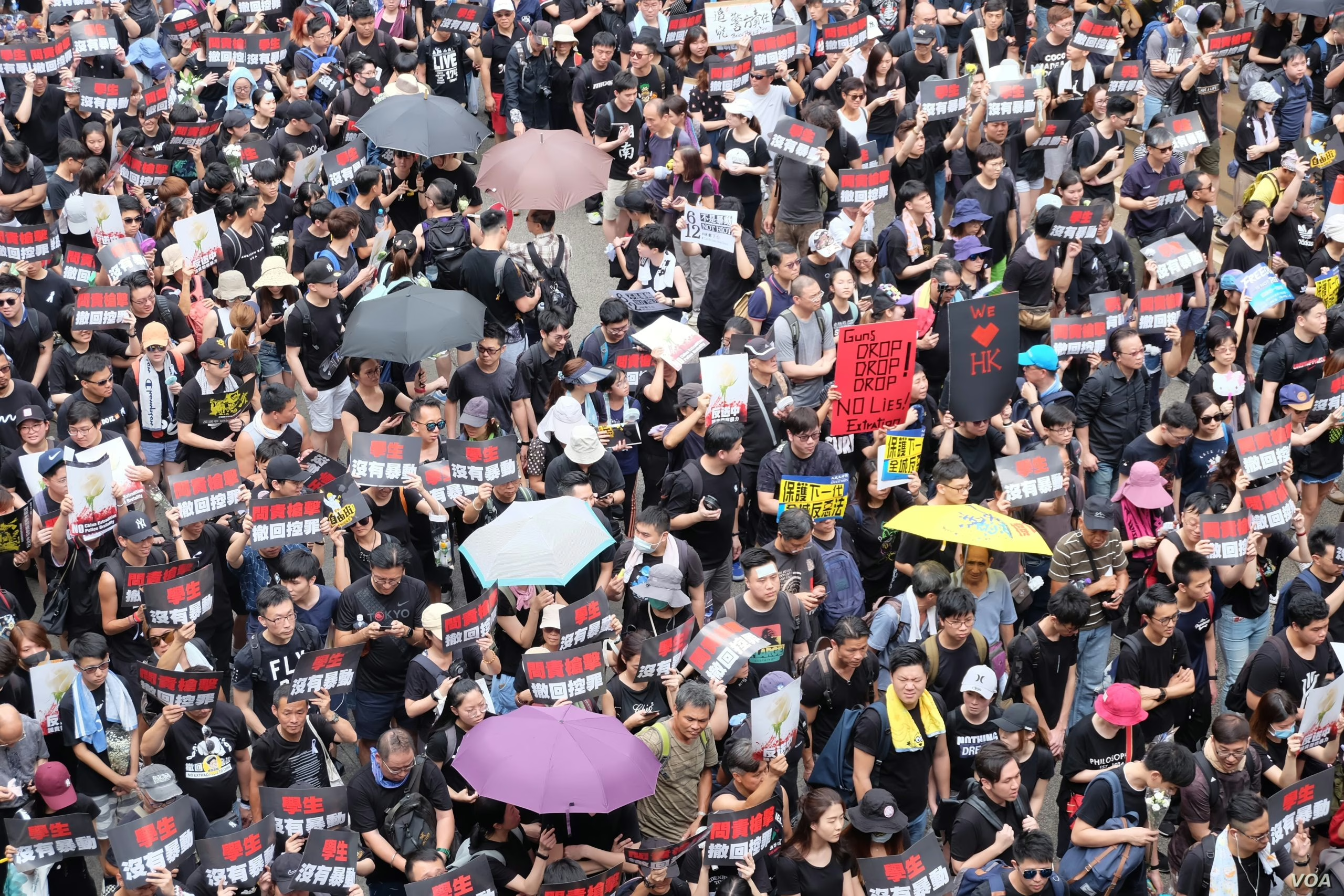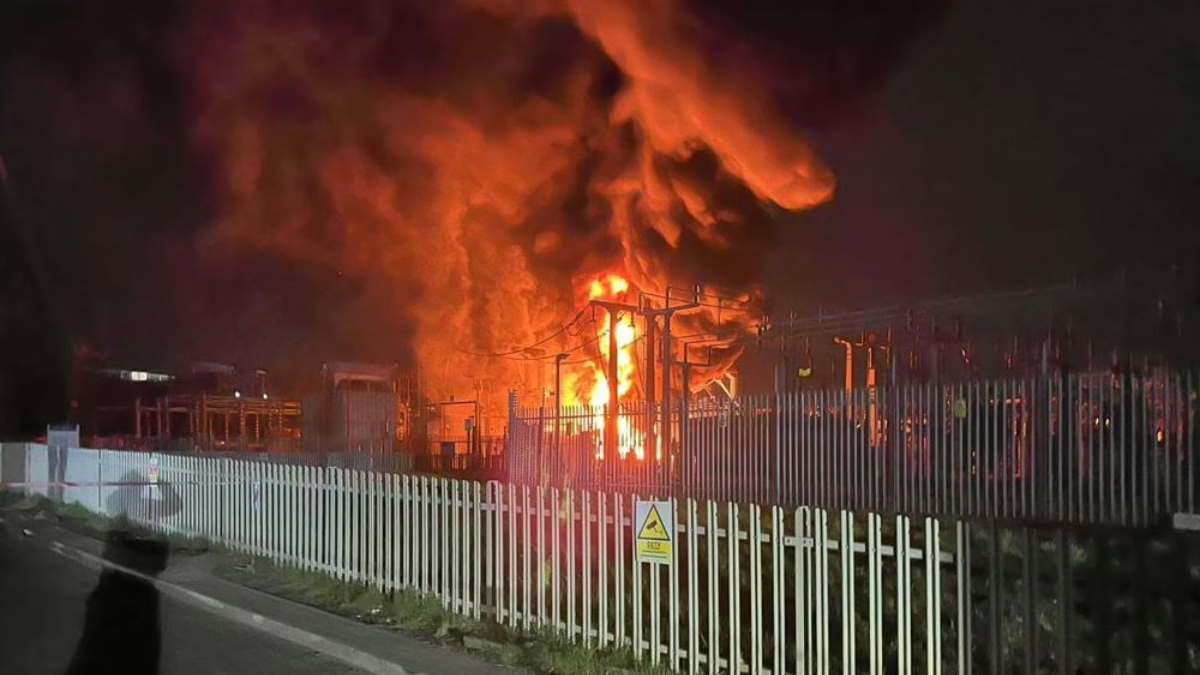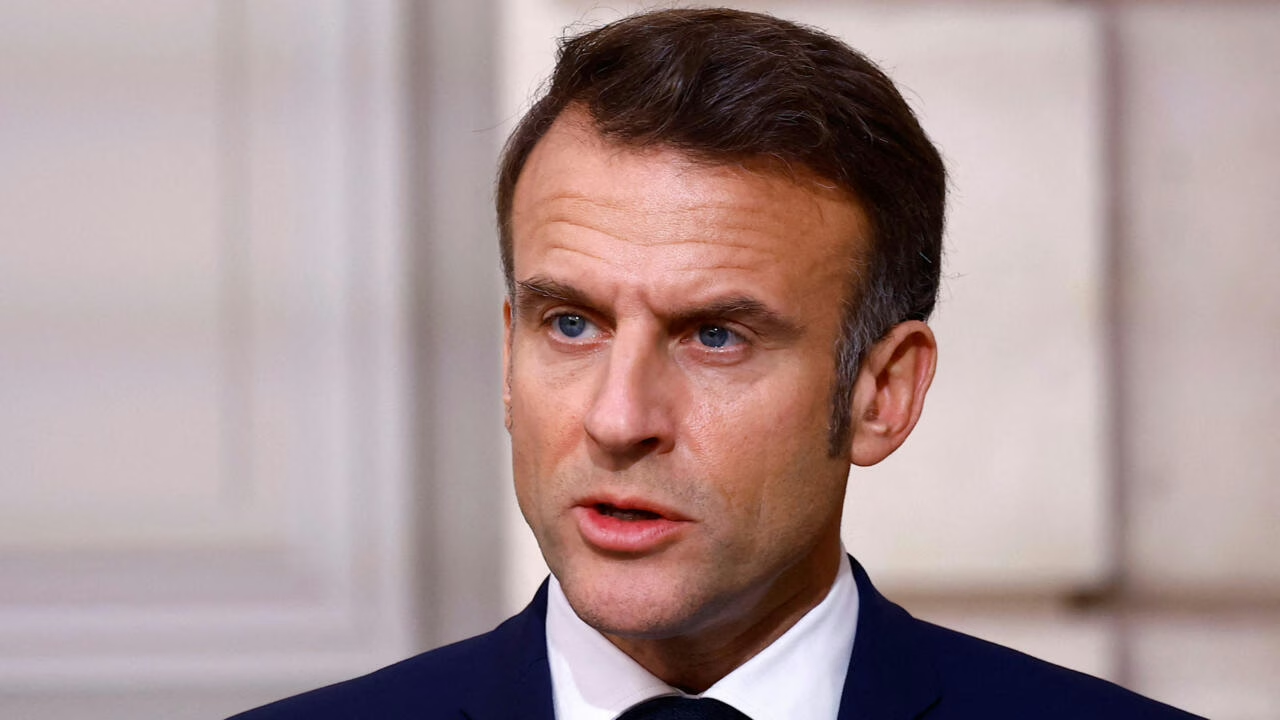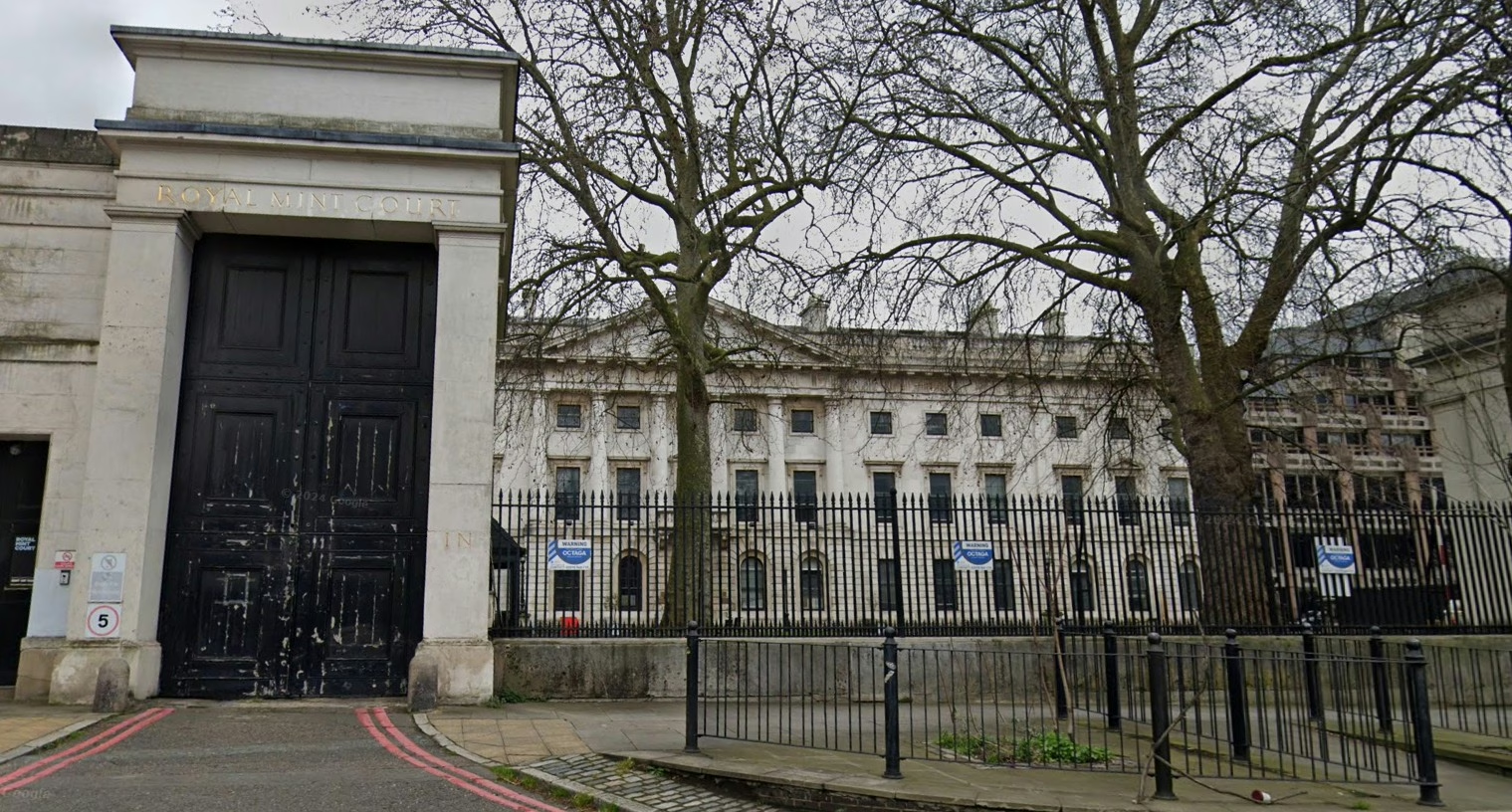Freedom House, the renowned international human rights organisation, has released its Freedom in the World 2025: The Uphill Battle to Safeguard Rights report, revealing a grim 19th consecutive year of global freedom decline. Hong Kong’s freedom score has crashed to an all-time low of 40 out of 100, cementing its status as “Partly Free” and sparking alarm over its rapid descent into authoritarian control. The report, covering 195 countries and 13 territories from 1 January to 31 December 2024, attributes Hong Kong’s “Waterloo-style collapse” to the draconian Hong Kong National Security Law (NSL) and the 2024 Basic Law Article 23 Security Ordinance, which have crushed political rights and civil liberties.
Hong Kong’s Freedom Score: A Record Low
Hong Kong’s 2025 freedom score of 40 (9/40 for political rights, 31/60 for civil liberties) marks a 1-point drop from 2024’s 41, continuing a decade-long nosedive. Compared to Taiwan (94, Free), mainland China (9, Not Free), and Tibet (0, Not Free), Hong Kong teeters on the brink of “Not Free” status. The report warns that Hong Kong’s once-vibrant freedoms are now perilously close to collapse.
Key Metrics:
- Political Rights (9/40):
- Electoral Process: Near-zero score, as the 2021 electoral overhaul imposed stringent candidate vetting, excluding pro-democracy contenders. The 2024 District Council election saw a record-low 27.5% turnout, reflecting public distrust in the process.
- Political Pluralism and Participation: Virtually non-existent, with opposition groups dismantled. The “NSL 47” case saw 47 pro-democracy activists charged with “subversion” over a 2020 unofficial primary; 14 were convicted in 2024.
- Civil Liberties (31/60):
- Freedom of Expression: Dropped to 1/4, with independent media like Apple Daily shuttered and journalists facing lawsuits or harassment. Self-censorship is rife.
- Associational and Organisational Rights: Public protests are banned, and NGOs like the Hong Kong Journalists Association face restrictions.
- Rule of Law: Judicial independence is eroding, with NSL cases undermining defendants’ rights and police granted unchecked surveillance powers.
Historical Highs and Lows
- Highest Score: 67 in 2007 (political rights: 20, civil liberties: 47). Post-1997, Hong Kong enjoyed robust press freedom, protest rights, and judicial independence under the Basic Law, despite limited political rights due to indirect elections.
- Lowest Score: 40 in 2025. Over the past decade, Hong Kong’s score has plummeted 21 points:
- 2014: Umbrella Movement triggered a decline from 61.
- 2019: Anti-extradition protests led to a drop to 55.
- 2020: NSL implementation caused a sharp fall to 50.
- 2022–2025: Scores slid to 43, 41, and now 40, the lowest ever.
Why Hong Kong’s Freedoms Collapsed
The report describes Hong Kong’s freedom decline as a “Waterloo-style collapse,” driven by five key factors:
- NSL and Article 23 Double Blow:
- 2020 National Security Law: Imposed without public consultation, the NSL criminalised dissent under vague charges like “secession” and “subversion.” Media tycoon Jimmy Lai and dozens of activists were arrested, with at least 30 journalists and scholars detained or exiled in 2024.
- 2024 Article 23 Ordinance: Rushed through in March, it expands “national security” definitions, allowing warrantless surveillance and extraterritorial arrests, further stifling speech and association.
- Electoral System Dismantled:
- The 2021 electoral reforms mandated “patriotic” candidate vetting, barring pro-democracy voices. The 2024 District Council election, restricted to pro-government candidates, was branded a “sham” democracy.
- The “NSL 47” case crushed political participation, with 31 activists pleading guilty and 14 sentenced to 4–7 years in 2024.
- Press Freedom Obliterated:
- The 2021 closure of Apple Daily and arrests of its executives marked a turning point. The 2024 Hong Kong Journalists Association survey found 92% of journalists self-censor, with the press freedom index at a dire 25/100.
- RTHK, the public broadcaster, faced government control, axing LGBT+ content in 2023. Political cartoonist Wong Kei-kwan’s works were removed from libraries, and books were pulled from the 2024 Hong Kong Book Fair over “sensitive” content.
- Civil Society Suffocated:
- Unions, student groups, and NGOs like the Hong Kong Professional Teachers’ Union were disbanded under NSL pressure. Public protests require police permits, effectively banning dissent.
- Government “consultations” in 2024 excluded critics, inviting only pro-Beijing figures.
- Judicial Independence Undermined:
- The NSL and Article 23 grant police unchecked powers, weakening defendants’ rights. In 2024, two British judges (Lord Collins and Lord Sumption) resigned from Hong Kong’s Court of Final Appeal, citing a deteriorating political climate.
- High-profile NSL cases, like Jimmy Lai’s, have been slammed as “politicised.”
Flickers of Hope Amid Crisis
Bright Spots:
- Judicial Resilience: In 2023, the Court of Final Appeal ruled for legal recognition of same-sex partnerships, extended in 2024 to include housing and inheritance rights, showing some judicial autonomy.
- Civic Resilience: Some residents use anonymous online platforms or low-key community networks to voice dissent, though under heavy surveillance.
Crises:
- The Basic Law’s promise of “one country, two systems” has been gutted by the NSL. Cross-border repression, including arrest warrants and passport cancellations for exiled activists, signals growing authoritarian reach.
- Academic freedom ranks in the global bottom 20%, with “patriotic education” enforced from kindergartens to universities.
Global Context and International Outcry
Globally, 60 countries saw freedom declines, with only 34 improving. El Salvador, Haiti, Kuwait, and Tunisia saw the steepest drops, while Bangladesh and Sri Lanka made gains. Freedom House warns that authoritarian expansion threatens democracy worldwide, with Hong Kong’s collapse a stark warning.
Freedom House President Michael J. Abramowitz declared: “Hong Kong’s freefall is a betrayal of ‘one country, two systems.’ The international community must act urgently.” The report urges:
- Sanctions and Diplomacy: Democratic nations should sanction officials eroding Hong Kong’s freedoms and condemn Beijing’s breach of the Sino-British Joint Declaration.
- Protecting Journalists: Global organisations should offer asylum and resources to Hong Kong’s embattled reporters.
- UN Scrutiny: The UN Human Rights Committee should probe Hong Kong’s violations of the International Covenant on Civil and Political Rights.
Conclusion
The Freedom in the World 2025 report lays bare Hong Kong’s catastrophic freedom decline, from 67 in 2007 to 40 in 2025. The NSL, Article 23, electoral rigging, media crackdowns, and judicial erosion have driven a “Waterloo-style” collapse. As Hong Kong’s freedoms hang by a thread, global action is critical to halt its slide into authoritarianism. The full report is available at freedomhouse.org.
Discover more from “Bridging Hongkongers. Reporting Truth.”
Subscribe to get the latest posts sent to your email.




